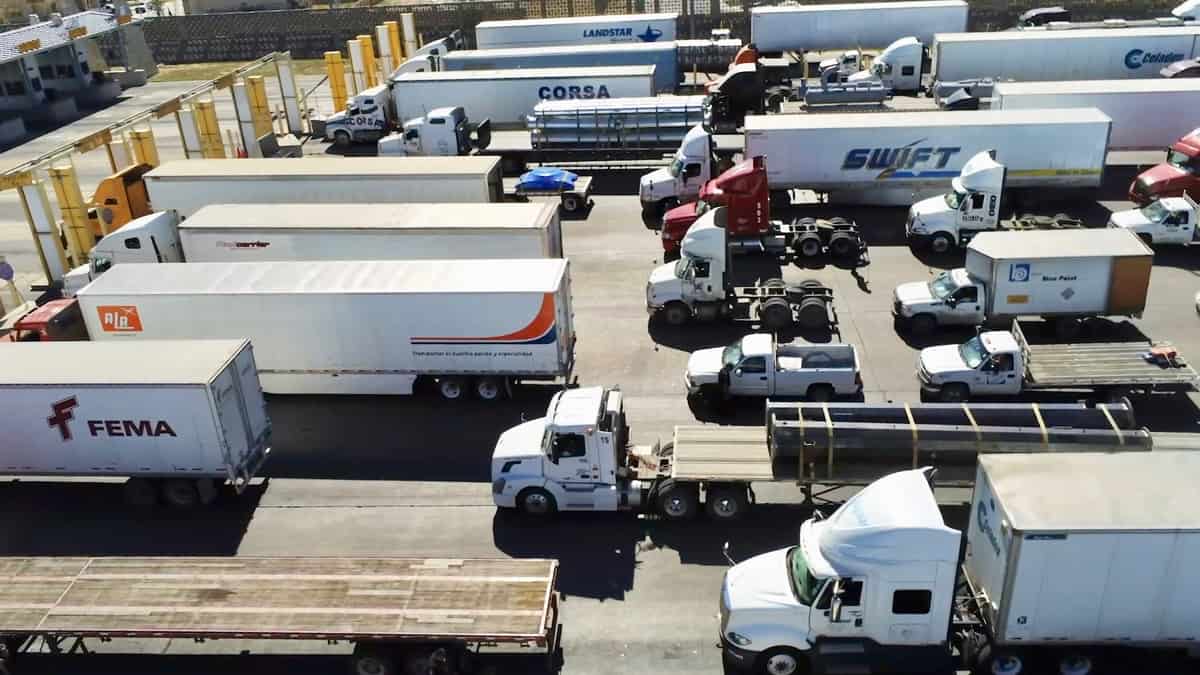U.S. supply chains’ future could be tied to Mexico and USMCA
Mexican President Andres Manuel Lopez Obrador recently said border factories that are considered key to United States supply chains could open in the next few weeks.
“We are aware of the interrelation that exists with production and trade with the United States; Mexico is the main commercial partner of the United States,” López Obrador said during his daily press briefing on Tuesday. “In the auto industry we have been asked to consider opening auto parts companies early.”
Obrador has not committed to any specific date yet, but said factories across Mexico could open sometime in early June.
That’s welcome news to U.S. officials who have been pressuring Mexico to reopen hundreds of automotive and aerospace factories that have been closed since Obrador declared a national health emergency on March 30.
U.S. automakers – including General Motors, Ford Motor Co. and Fiat Chrysler – have discussed plans to reopen their factories around May 18, potentially putting as many as 150,000 people back to work.
Toyota Motor Corp. and Honda are targeting May 11 to open their U.S. factories.
Audi, BMW, Fiat Chrysler, Ford, General Motors, Honda, Mazda, Nissan, Toyota and Volkswagen have factories in Mexico. Heavy duty truck makers Freightliner and Navistar also have Mexican factories.
David Henry, regional manager for Mexico at GlobalTranz, said many U.S. auto factories need parts from Mexico.
“U.S. industries and North American supply chains are highly dependent on Mexican parts. Some of these plant openings are not going to be able to take place in a very big way if they’re not able to get 40% or more of the supplies that they typically get from Mexico,” Henry said. “I think now more than ever, people have realized how important Mexico is to the U.S. economy.”
Henry said the upcoming launch of the United States-Mexico-Canada Agreement (USMCA) on July 1 has also added another layer of uncertainty for manufacturers on both sides of the border.
“Our [Globaltraz] team is based in Monterrey, Mexico, and we support all of our clients with cross-border solutions, and one of the main topics besides COVID-19 is the USMCA,” Henry said.
Some Globaltranz clients have expressed concerns about the USMCA, partly “driven due to a lack of clarity or guidance by the U.S. government and what that ramp up should look like headed towards the deadline,” Henry said.
Henry added there are concerns about the USMCA’s rules of origin requirements and labor provisions, which affect manufacturers.
“This is going to bring some pretty big challenges,” Henry said. “I believe the USMCA requirements will be implemented in phases [starting in July] and they will be staggered out as well. We’re monitoring it closely, because we know that that’s going to impact several industries, particularly the automotive industry.”
Henry has more than nine years of logistics experience working with original equipment manufacturers (OEMs) such as GM, Ford, Volkswagen, Nissan, and the PSA Group.
Henry said he has been in contact with a lot of OEMs to understand how they have been impacted.
“Our business unit in Mexico has been hard at work on a daily basis to ensure that supply chains remain intact,” Henry said
Another factor adding uncertainty is when the coronavirus pandemic will slow down in Mexico.
“Mexico is essentially in phase three of its coronavirus pandemic right now, It is in its most critical point during this pandemic, and it is being taken very seriously,” Henry said.
As of May 8, Mexico has almost 27,000 confirmed cases of coronavirus and has recorded almost 3,000 deaths.
SOURCE: https://www.freightwaves.com/
